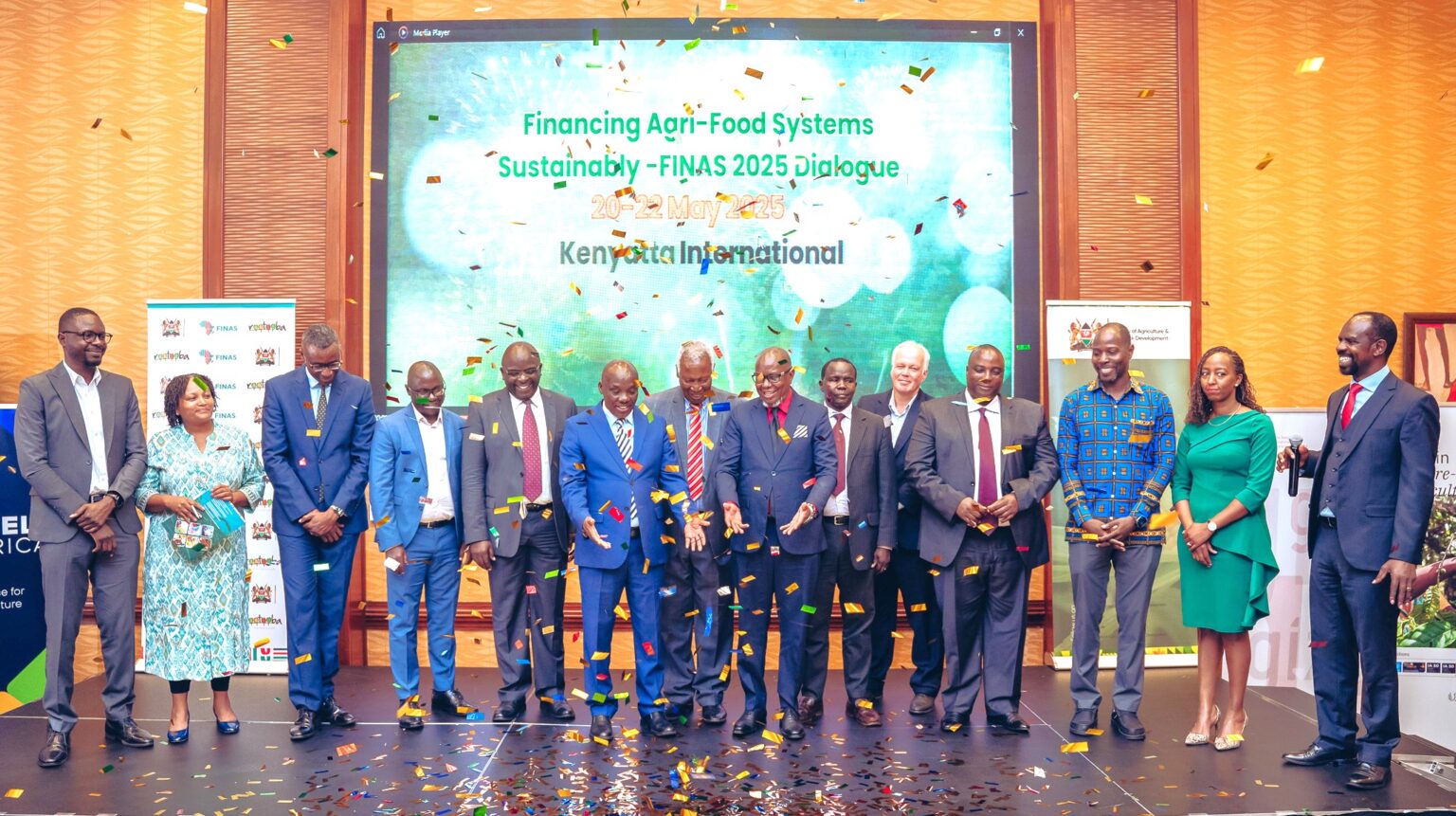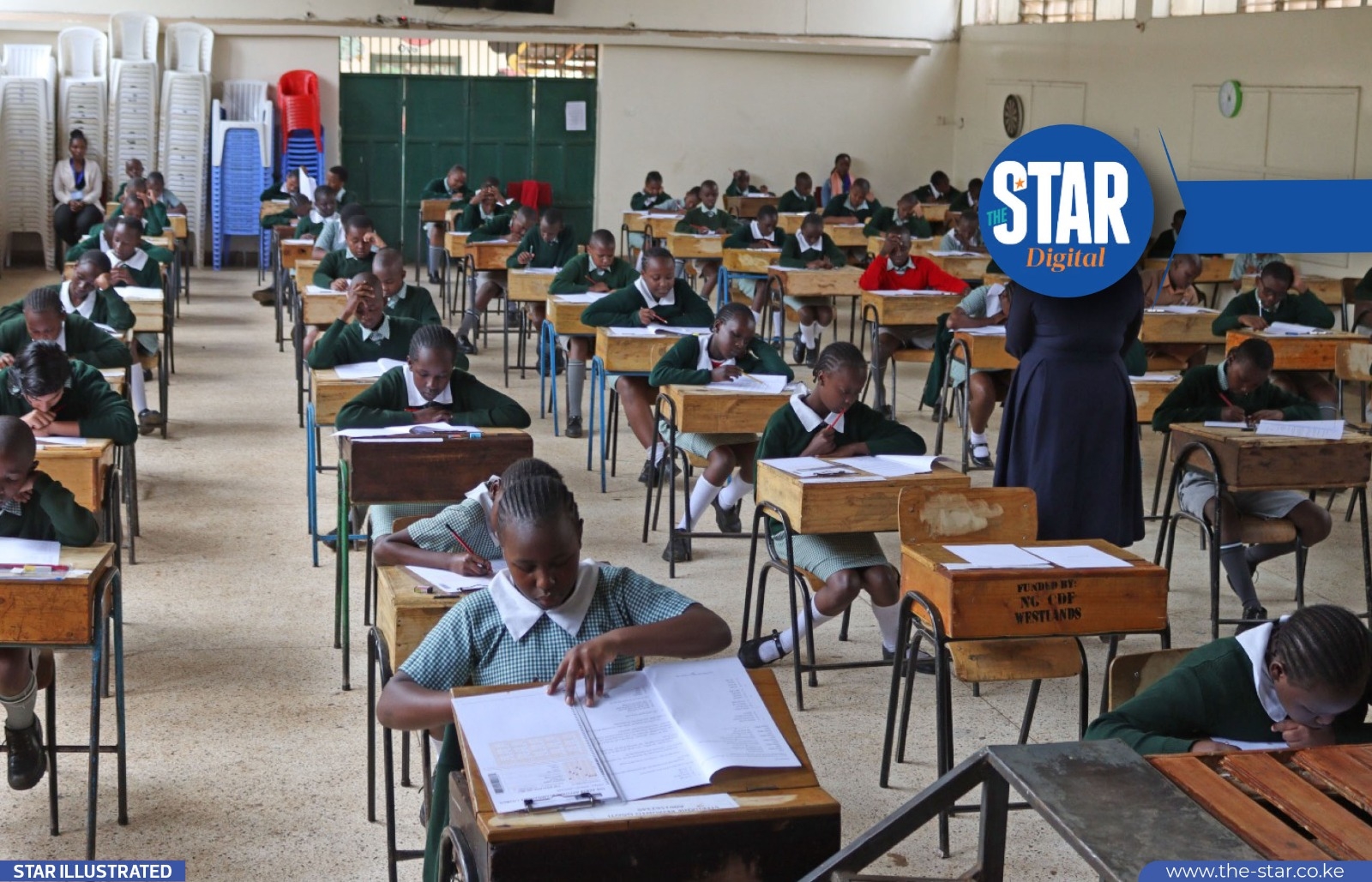 Top government officials and representatives from private organisations during a meeting on Financing Agri-Food Systems Sustainably Summit (FINAS 2025) in Nairobi/HANDOUT
Top government officials and representatives from private organisations during a meeting on Financing Agri-Food Systems Sustainably Summit (FINAS 2025) in Nairobi/HANDOUT
Kenya is set to host the 2025 summit on Financing Agri-Food Systems Sustainably (FINAS), a high-level meeting scheduled to take place from May 20-22.
The landmark summit brings together a diverse mix of African and international stakeholders to explore sustainable pathways for financing the continent’s food systems.
Under the theme “Taking Ownership: Rethinking Sustainable Financing for Africa’s Food Systems,” the summit builds on momentum from the FINAS 2024 dialogue and months of focused pre-summit engagement.
Over three days, the summit will spotlight the urgent need to close the agricultural financing gap while fostering innovative, inclusive, and resilient investment solutions.
Discussions will center on practical ways to strengthen farmer cooperatives, promote inclusive finance, de-risk agri-food investments, improve policy and regulatory environments, and leverage digital technologies to scale access and impact.
The ultimate goal is to drive transformative change across Africa’s food systems by turning dialogue into action.
The event will be officially opened by Agriculture Cabinet Secretary Mutahi Kagwe and Principal Secretary Paul Ronoh.
It will draw high-level participation from across the region and beyond, including Prime Cabinet Secretary Musalia Mudavadi and AU Commissioner Moses Vilakati from Eswatini.
Other are East African Community (EAC) Secretary General Veronica Nduva and Cooperatives and MSMEs Development Cabinet Secretary Wycliffe Oparanya, who will close the summit.
A rich program of keynote speakers and breakout sessions will guide the conversation.
On the opening day, Ravi Kiran Malik, an expert in agricultural and rural development finance, will share insights from India’s experience, while Brian Milder, CEO of Aceli Africa, will examine the role of the state in building effective agricultural finance systems.
The Alliance for a Green Revolution in Africa (AGRA) will also speak on the Kampala Declaration.
Breakout discussions will follow, exploring how policy frameworks and the public sector can unlock greater capital flows into agriculture, with critical contributions from GIZ, AGRA, and Aceli Africa.
The second day will focus on funding resilient food systems, featuring keynote addresses by Nadine Gbossa of IFAD and James Kashangaki of FSD Kenya, both speaking on financial innovation and resilience.
Discussions will explore a range of topics, from blended finance models and climate mitigation strategies to infrastructure and insurance, while also addressing how smallholder farmers can become more bankable.
A dedicated hackathon will bring attention to emerging solutions in climate resilience, nutrition, and the reduction of food loss and waste.
On the final day, the summit will turn its attention to the role of youth, gender, technology, and data in shaping the future of food systems. Keynote speakers will explore the impact of disruptive ag-tech solutions and the power of data in transforming agricultural finance. Breakout sessions will examine how to scale financial inclusion through digital platforms, strengthen value chains through innovation, and explore data as a new form of collateral.
The event will conclude with the FINTAK Excellence Awards, recognizing leading efforts in sustainable food system financing across the continent.
Throughout the summit, participants will engage in high-level discussions, targeted breakout sessions, and strategic networking opportunities, all designed to drive collaboration and catalyze action.
FINAS 2025 is supported by a robust coalition of partners, including GIZ, AGRA, FSD Kenya, Aceli Africa, Finance in Motion, the African Development Bank, Netherlands Food Partnership, Transformational Investing in Food Systems (TIFS), Heifer International, Digifarm, and key Kenyan ministries and financial institutions.
As a leading African platform on sustainable agricultural financing, FINAS aims to not only track progress since its 2024 dialogue but also to inspire fresh ideas, strengthen partnerships, and promote excellence in building a resilient and inclusive food future for Africa.













